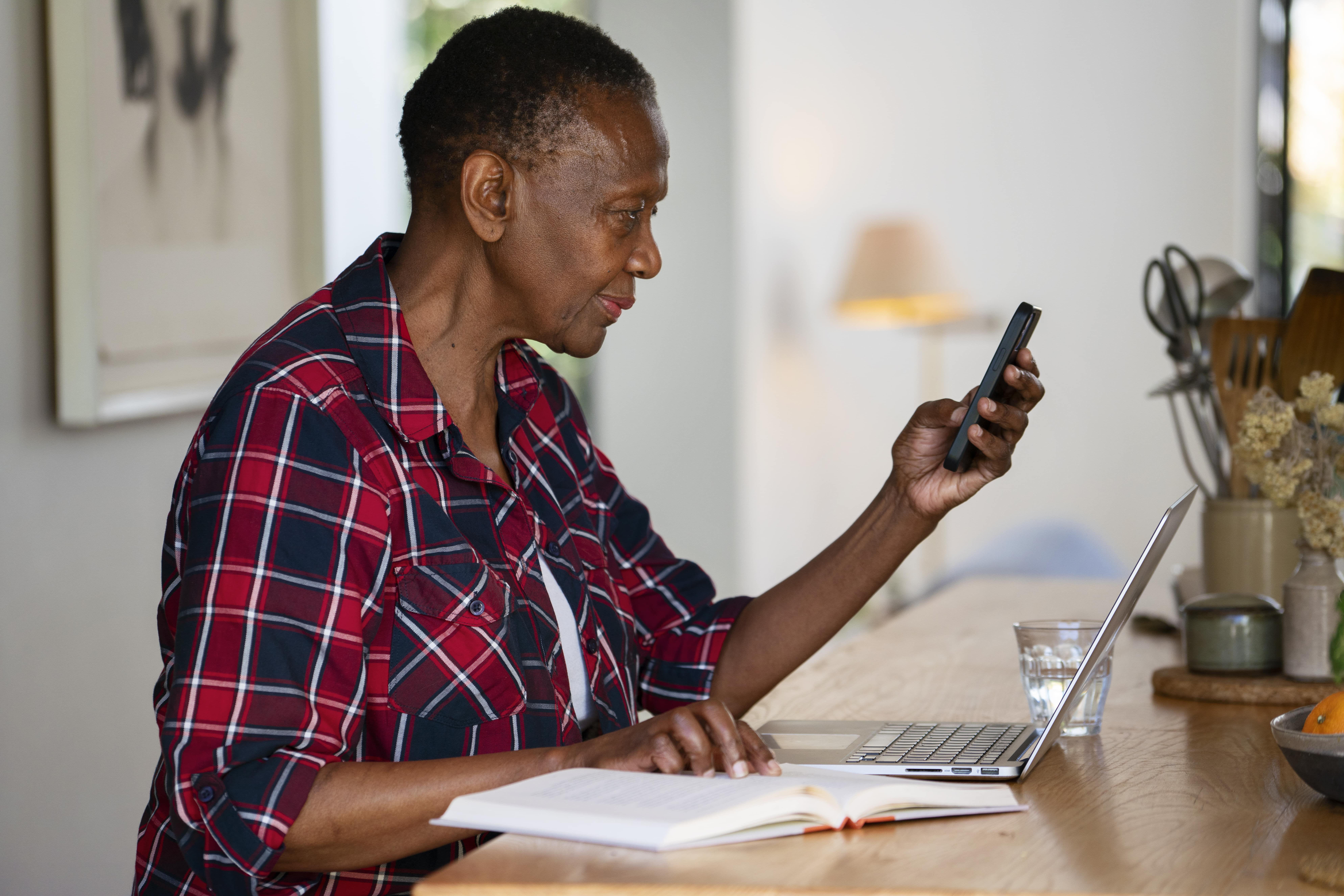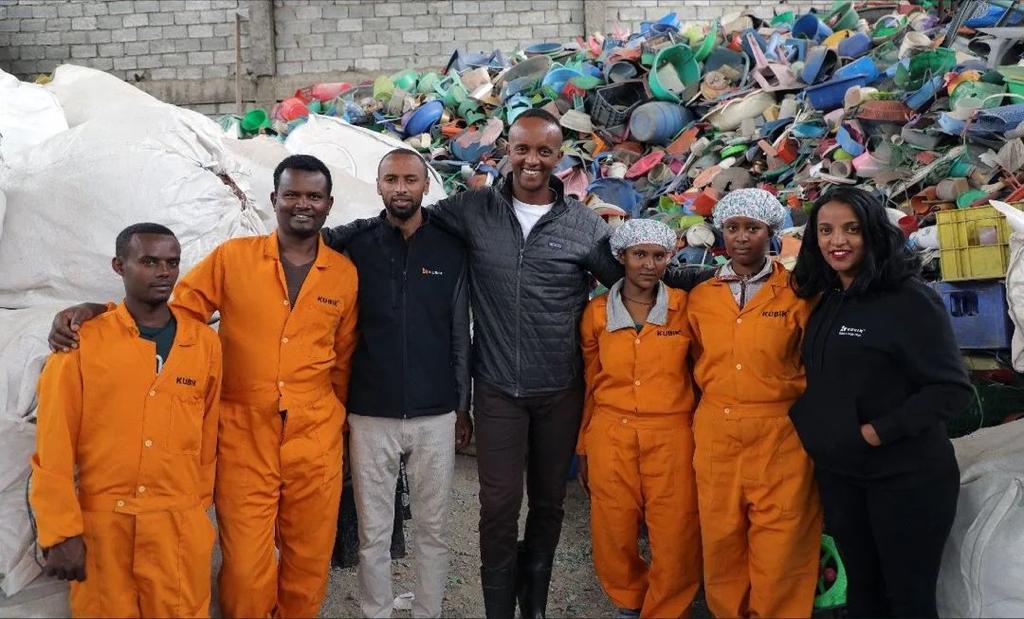Since its advent in Kenya in 2007 with the M-PESA service, mobile money has revolutionised the way people in Africa carry out everyday financial transactions. Sixteen years later, this technological innovation continues to grow, with the arrival of new operators and an increasing number of users across the continent. Among these African fintechs, Sama Money stands out for its varied and accessible services. In this article, find out how this startup is transforming the mobile money landscape in its home country of Mali and the rest of Africa.
What is Sama Money?
Sama Money is an innovative money transfer and mobile payment platform created in 2018 in Mali by Daouda Coulibaly. Its operation is based on a "cash to cash" model similar to Western Union or Wari. It was created with the aim of improving financial inclusion in Africa and promoting banking on the continent. It is accessible and functional with or without an Internet connection, and offers innovative services at competitive prices.
The young innovative company was successfully deployed in Mali, before moving on to Côte d'Ivoire and Burundi. Today, it is a reference in the field of mobile banking thanks to its fundamental values of accessibility, financial inclusion and African citizenship. In Mali and in each of its host countries, Sama Money strives to promote these values, which guarantee its success on the African market.
The services offered by the startup are numerous. They range from money transfer to bill payment, with the majority of offers being free. Only cash withdrawals from points of sale generate a fee. In addition, the solution is multi-channel and available with a USSD code. Sama Money has succeeded in offering African populations cheaper, easy-to-use and efficient banking services.
Participating in Africa's development through mobile money

The advantage of solutions such as SAMA MONEY is probably their contribution to the improvement of financial inclusion of African populations. This is the challenge for all these fintechs, which are not only born to generate profit. In West Africa, for example, the rate of banking has increased by 4.8 points between 2014 and 2017, from 14.9% to 19.7%. It is 23% today thanks to the birth of companies such as Djamo from Côte d'Ivoire, Diool from Cameroon and Sama Money from Mali. This progress is encouraging but
suggests, however, that the area still needs to be explored.
According to data from the Central Bank of Mali, the number of mobile money accounts has risen from less than 100,000 in 2014 to more than 5 million in 2021, which represents impressive growth. Sama Money has established itself in this sector, which is worth more than CFAF 4,000 billion in the country and which was previously monopolised by two mobile operators with exorbitant fees, compared to Sama Money's cheaper and more accessible services. This makes them particularly suited to the needs of the rural and poor populations who now have control over their financial assets. They can benefit from savings and insurance services developed through partnerships with stakeholders in the sectors involved. Sama Money has joined forces with partners such as UBA to expand its range of services. Thanks to the fintech, Malian students now have access to their scholarships via the platform.
Ultimately, the startup is helping to facilitate financial inclusion throughout Mali. It also contributes to sustained, shared and sustainable economic growth in the countries where it operates. This is a favourable condition for economic development in Africa.
SAMA MONEY is a solution for both individuals and companies and has become the cheapest mobile banking company in Mali. It has managed to win the hearts of thousands of Malians and has ambitions to launch in Burkina, Senegal and Guinea Conakry. The aim is to offer Africa a complete, reliable, secure and low-cost payment service. SAMA MONEY will undoubtedly make it possible to integrate new habits into the daily life of the populations on the continent and to demystify financial services in the eyes of all the people.
people previously excluded from the banking system.





